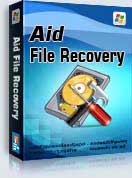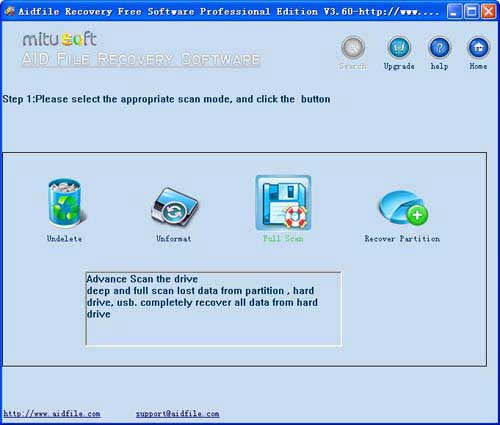SSD with Win7 not in boot priority list repair tool fix to do data recovery, best file Recovery software help you recover MS word,excel, pictures, music, video files from SSD with Win7 not in boot priority list
Use "unformat" to recover formatted drive for " SSD with Win7 not in boot priority list" after quick format,full format,accidentally formatted,reformatting,High-level formatting,Low-level formatting.
Use "recover partition" to recover files - SSD with Win7 not in boot priority list partition,lost partition,changed ,damaged partition.And if the size or position of partition is changed by format,It can not recover with "unformat"so you can use "recover partition"mode.
Use "undelete" to recover deleted files - SSD with Win7 not in boot priority list after Virus attack,Recycle bin clear,disk cleanup,Press shift del by mistake,permanently empty recycle bin,shift delete ,accidentally deleted by a mistake.
Use "Full Scan" to recover data - SSD with Win7 not in boot priority list which can not be found with "undelete" and "unformat" and "recover partition",after showing an error,display as raw file system,unformatted,unknown partition,unpartitioned,needs to be formatted,or the file system is not exfat,not fat32,not ntfs.
"SSD with Win7 not in boot priority list ", the problem I'm having is that, in order for my computer to boot into windows 7 I must enter the BIOS and select my SSD from the 'boot menu' list. This is because my BIOS doesn't recognize that my SSD is even an option for booting. If I look in my 'Boot Priority' list, all that shows up is my CD drive or my HD. Luckily, if I select 'Boot Menu' I can select the SSD. Interestingly, when I enter the BIOS, and go into 'advanced mode', and go to 'BOOT', and check my options for booting, there are three options. - My HD - My optical drive - 'Disabled' (perhaps this is the SSD?) Anyways, this didn't always used to happen - before my SSD would show up in the boot priority list. I recently updated my BIOS - my guess is this is what caused the changed. That, OR, the way I installed the BIOS was a little wonky (it was my first time), and during the installation of me tinkering with things might have screwed something up (tried flashing the BIOS unsuccessfully).
Aidfile Recovery Software Keyfeature
support FAT32 EXFAT NTFS and RAW file system
support Win32 (32 bits) and Win64 (64 bits)
Support Windows XP, Windows 8, Windows 8.1,Windows Vista, Windows 2003, 2008, 2012,Windows 10,Windows 7 .
Desktop & laptops Ultrabook:HP Pavilion,HP Compa,Alienware Alpha,Lenovo ThinkCentre,Lenovo IdeaCentre,Dell Inspiron,Dell XPS,Sony VAIO,Acer Aspire,Asus Transformer,Dell Latitude,Samsung Ativ Book,Asus VivoBook,HP Envy,Lenovo IBM ThinkPad,Lenovo IdeaPad Yoga,Microsoft Surface,Toshiba Satellite
MS Office document (Word, Excel, PowerPoint, Outlook) types (doc, docx, ppt, pptx, xls, xlsx, pst, etc.),photos (JPG, PNG, ICON, TIF, BMP, RAF, CR2, etc.), videos and audios (MPG, MP4, MP3, MTS, M2TS, 3GP, AVI, MOV, RM, RMVB, etc.), compressed files (rar, zip, etc.), PE files (exe, dll, lib, etc.) and so on.

